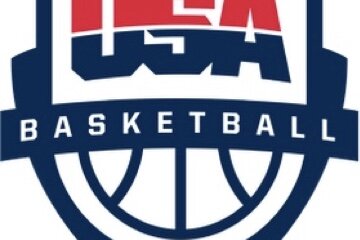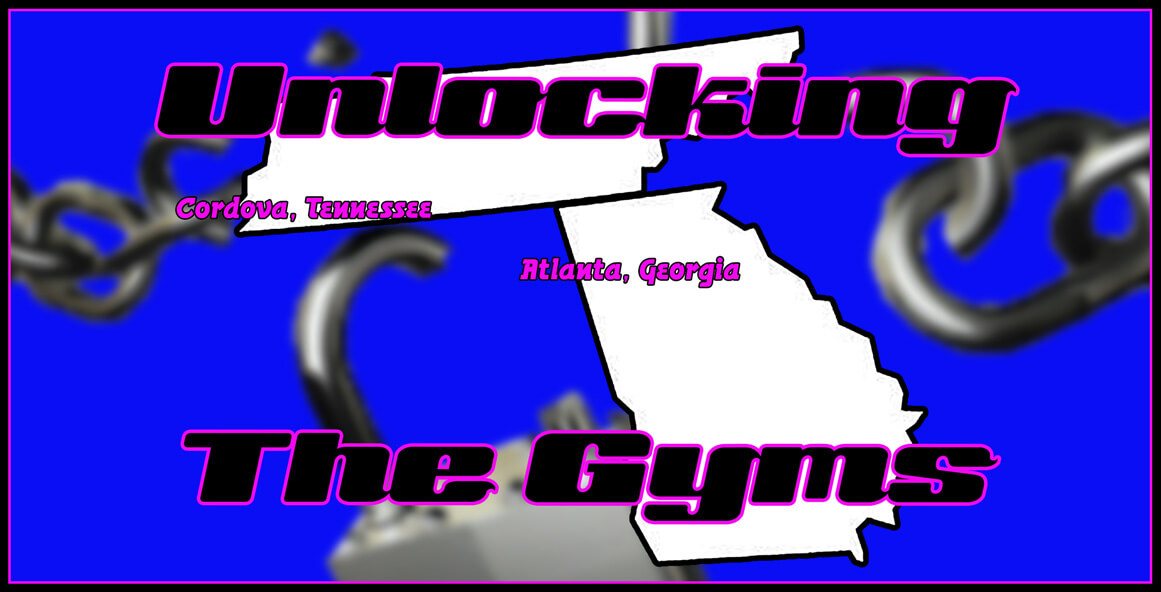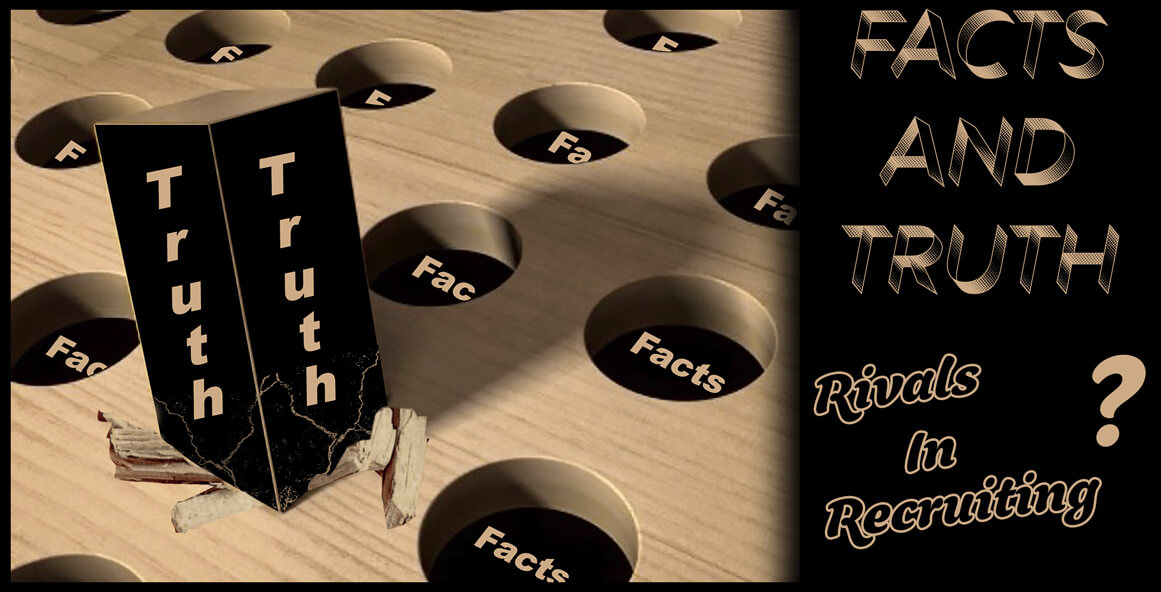
This year’s “Whine” and Cheese festival is underway and once again we’re hearing the aged and cheesy commentary that comes with season ending awards and the christening of the elite for the 2013 – 14 season. With last week’s announcement of the McDonald’s All-American team we got a good dose of the annual sideshow that is a disservice to so many athletes who are in the conversation for rankings, recognition and post season honors. It’s no wonder today’s youth has the overblown sense of entitlement that they do when those who love them most prop up their egos with false and baseless rationalizations on why they didn’t make a list, get recognized or named to the “All This” or “All That” team.
This isn’t about the McDonald’s selections or any other specific distinction. Nor is it in reference to any particular individuals though I understand by the timing of this article how it might be taken that way. What it is about is the fact that acknowledgement for superior athletic performance is not a birthright and is absolute in just one place…on the floor.
When players are ranked by the various scouting services, voted on for McDonald’s, WBCA or Parade All-American status, or simply accorded All-City, All-County, All-State accolades, the results are the conclusion of subjective observation. In that light telling an athlete that they got “snubbed” or were “wronged” shows a willingness to make uniformed assumptions and perpetuate them as a means of soothing disappointment.
Because someone sees things differently than you does not mean that they have an agenda or that the process is “political”. Generally speaking, it’s impossible to be aware of every time that an evaluator, committee member or anyone else who ranks players and casts ballots, has seen an individual in action. Without that awareness, it’s impossible to know just how an athlete performed when those eyes were courtside or even how that effort was perceived. Everyone’s opinion is framed by their own background, experience and interpretation of what is and is not good basketball. In addition, you have to consider that there is also no way to know how often they’ve seen other athletes in consideration or what those player’s production was on those occasions.
I’m not naive enough to think that at the local, and sometimes state, level some grudges and self-serving maneuvers influence who gets their name in a press release or on a plaque. That’s a whole different conversation about some shallow, pompous individuals who’ll sacrifice their integrity at the expense of a teenaged athlete. However, at the national level the ability to influence the outcome of selections and voting is severely, and appropriately, limited. Groups, like McDonald’s, use large, diverse committees and independent, confidential balloting that virtually eliminates the potential for any one individual or faction to impact the results. Assertions that someone or something is driving and manipulating the outcome shows an obvious lack of familiarity with the process and a gross overestimation of those involved.
Before we move forward, let’s take on that old crutch…“political”. We hear it when USA Basketball sends out the invites or selects a team. It comes up with McDonald’s and other national post season recognition decisions and it certainly gets thrown around when the class rankings come out from the media and recruiting services. What you never hear are any specifics outlining exactly just how those results were politicized plus zero proof of said politics is provided other than the mere fact that the accuser’s personal favorite wasn’t acknowledged. It’s no coincidence that the people making the “political” claim are exclusively the ones that didn’t have things go their way and naturally you don’t hear any denouncement of the process until they get the bad news. It’s unheard of for someone to assert that they didn’t deserve something but got the nod none the less because it was political. Unless concrete evidence is provided, “political” is an empty and paranoid rationalization that shortchanges an athlete in terms of potential self-motivation as well as the objectivity and honesty they deserve from those around them. It’s fair to reinforce a belief in them and reiterate the fact that you believe that they were deserving. However, portraying them as a victim of some contrived conspiracy is hardly a teaching moment or life lesson.
So, let’s talk about what could keep a legitimate prospect from getting what might be their presumed fair share of recognition. Often a simple lack of familiarity can dictate if an athlete sees themselves among the national rankings or hears their name called when the props are handed out. And by familiarity I mean with their game on the floor. Headlines, big stats and records don’t carry significant weight unless evaluators have seen that athlete in action against other top tier competition. The fact that someone has led their team to a state title or broken scoring and rebounding records doesn’t automatically make them the next Maya Moore. It certainly draws attention to them but nobody is going to pin something they have their name affiliated with to the opinions of the media or a stat sheet…nor should they.
In that light there is an obligation on the part of athletes and their coaches to play on the big stages of high school and club basketball if they want themselves, or even their team, to be in the national conversation. There’s nothing wrong with not taking the campaign on the road but you can’t run for president while campaigning for governor. National recognition of any kind necessitates competing in tournaments and events with national level teams and elite individual talent in front of the right audience. Some high schools have budgetary limits or are restrained by state association guidelines. As a result, while club basketball isn’t everyone’s cup of tea, it’s still the best opportunity to get exposure to recruiters, evaluators and media. Additionally, with the NCAA greatly reducing the non-scholastic recruiting calendar we’re no longer talking about the massive time and financial commitment of the past.
Another good example would be the USA Basketball trials which the past couple of years have provided an opportunity for uninvited athletes to pay their way for a chance to compete for a spot. Even if an athlete is borderline in terms of actually making the team, it’s still a great chance to compete with the majority of the best players in their age group and do so in front of everybody who’s anybody in girls’ basketball evaluation and media. There’s no better place to challenge yourself as a player and at the same time get yourself on the national radar. Last year two “pay to play” athletes even made the roster and suited up for the red, white and blue. Yet, there were still some players who passed on the opportunity because they weren’t among the invited or felt it was an unnecessary expense. Nothing wrong with that, but evaluators can’t rank and voters can’t select athletes they’ve had limited exposure to or worse yet, not seen at all.
Another reason that seemingly deserving individuals are sometimes disappointed come the end of the season is timing. A successful point guard may have the misfortune of being part of a class loaded with other ballhandlers. A year younger or a year older and she might be the cream of the crop but among a deeper collection of talent her status may not be quite as high. That factor also comes into play in a competitive situation where teams are being selected to compete in a game like McDonald’s or this year’s SchollyMe game in California. If teams are being chosen with position in mind to keep it a competitive game, the odds are tougher for those players swimming in the deepest part of the class talent pool.
Let’s consider a few of the other credentials that athletes, their families and coaches pin their hopes to come spotlight time. First off, the university someone has signed or verbaled with isn’t going to get them higher on a list or a ticket to Chicago or Los Angeles. The perception, while understandable, exists because more often than not those top players tend to choose established programs for a new address to start their colligate career. Telling Geno or Tara “no” isn’t going to sink someone’s ship and those folks believing otherwise really don’t know the people they’re being so quick to criticize. If one of the “big dog” schools gets a little known recruit we might look a little closer, but in the end why would we even for a moment let it influence our ultimate assessment of a player? We’ve got nothing to gain or lose and, in fact, those players are often evaluated with higher standards once they pull the trigger with that top tier program.
Rankings are the other stamp of approval that can be misinterpreted as credentials for accolades, hardware and a pat on the back. First off, it’s important to understand what exactly rankings are. They’re opinion, entertainment and projections about potential at the next level. They don’t come with guarantees and are often offered up by folks who have never evaluated a player with their job on the line in their lives. Some folks hang their hat on them as if they’re gospel but the reality is that they will provide an athlete little more than an ego boost.
No recruiter worth their salt will sign a kid solely because a service or media entity has them on their top whatever list. At the same time, that insightful recruiter isn’t about to pass on any prospect because they’re not among the latest and greatest. I’d wager a paycheck that Lord Auriemma would dub the number 300 prospect a Husky if he liked her game and was convinced that she could contribute to the advancement of the empire. Rankings have a great similarity to futures in the commodity market in the sense that they have no current actual value and are a gamble on future return on investment. They may be a testament to long term potential but they’re not necessarily going to get your passport stamped to All-Star teams or games.
Lastly, as difficult as it might be to hear, the athlete who means so much to you may simply not be viewed in the same light by those in a position to rank or select. Just because she’s the best you’ve ever seen or coached doesn’t automatically entitle her to honors and accolades of a national scope. All selections and rankings are comparative and require that you see as many of the eligible candidates as possible. The call I got the other day from the coach who said “I don’t need to see the others to know how good she is” is an example of a failure to appreciate the bigger picture. The media, recruiting service staffs and selection committees can be found in gyms coast to coast for high school and club tournaments that draw those teams and players who want to prove that they are among the best nationwide. Evaluating those teams and players on the same floor multiple times helps to identify the differences between and nuances of the elite in each class. Additionally it enables monitoring of their growth, maturity and the advancement of their game over the years.
Worldwide, the Nobel committee recognizes leaders in six different fields. The Pulitzer Prize honors our best writers. An Oscar goes to leaders in the cinematic field and a Grammy symbolizes the elite of the music industry. The top acclaim for a high school player isn’t All-City, All-State or even All-American. If you can lay claim to the mantle of scholarship recipient, you’ve achieved something special that should never have a cloud cast over it because some other recognition didn’t come your way. Having an education that will last you a lifetime provided at someone else’s expense…now that’s a very exclusive group to be part of. Your degree will hang on your wall long after the trophies, plaques and certificates have found their way to a box in the attic. Never forget that a scholarship is very tangible and very real while athletic honors are simply the opinion of someone else.
Mark Lewis is a national evaluator and photographer for Blue Star Basketball as well as the lead columnist for Blue Star Media. Twice ranked as one of the top 25 Division I assistant coaches in the game by the Women's Basketball Coaches Association (WBCA), he logged 25 years of college coaching experience at Memphis State, Cincinnati, Arizona State, Western Kentucky and Washington State. Lewis serves as a member of the prestigious McDonald’s All-American selection committee as well as the Naismith College Player and Coach of the Year committees.

Latest Articles
-


Christopher Lawlor
/ 15 hours ago23rd Pangos All-American Camp tips off in Las Vegas with nation’s elite players congregating for national showcase event
LAS VEGAS – The summer circuit is nearly two months old but it really...
-


Christopher Lawlor
/ 5 days agoU16 USA Women’s Basketball National Team roster selected for 2025 FIBA AmeriCup in Mexico from June 16-22
COLORADO SPRINGS, Colo. — USA Basketball announced today the 2025 USA Women’s U16 National...
-
Christopher Lawlor
/ 5 days agoU16 USA Men’s Basketball National Team roster chosen for 2025 FIBA AmeriCup next week in Juarez, Mexico
COLORADO SPRINGS, Colo. – The team is set and now for the games South...
-
Christopher Lawlor
/ 1 week agoNO REGRETS: Chris McNesby steps away from Roman Catholic (PA) basketball gig after second tenure with his alma mater; Bradley Wanamaker takes over coveted post
BENSALEM, Pa. – Chris McNesby has lived many lives within the Philadelphia Catholic League....




